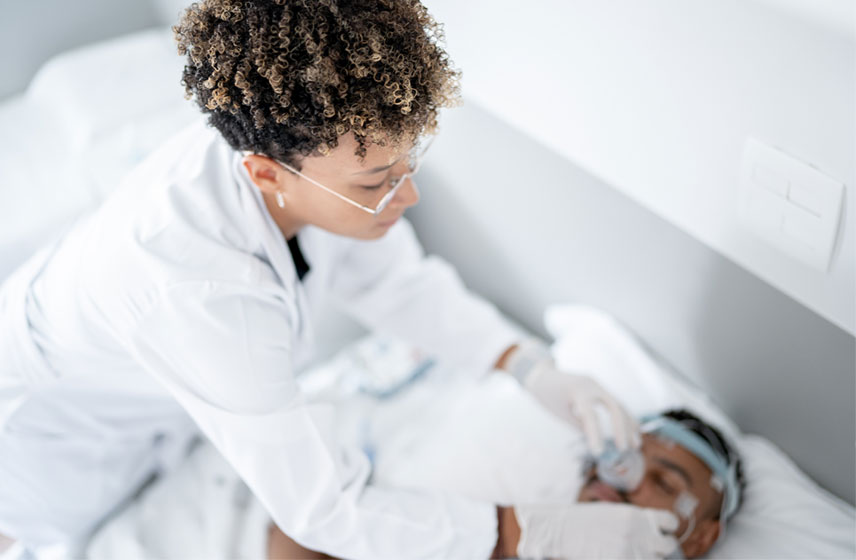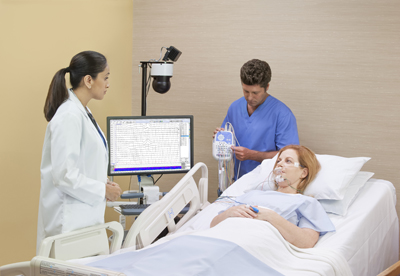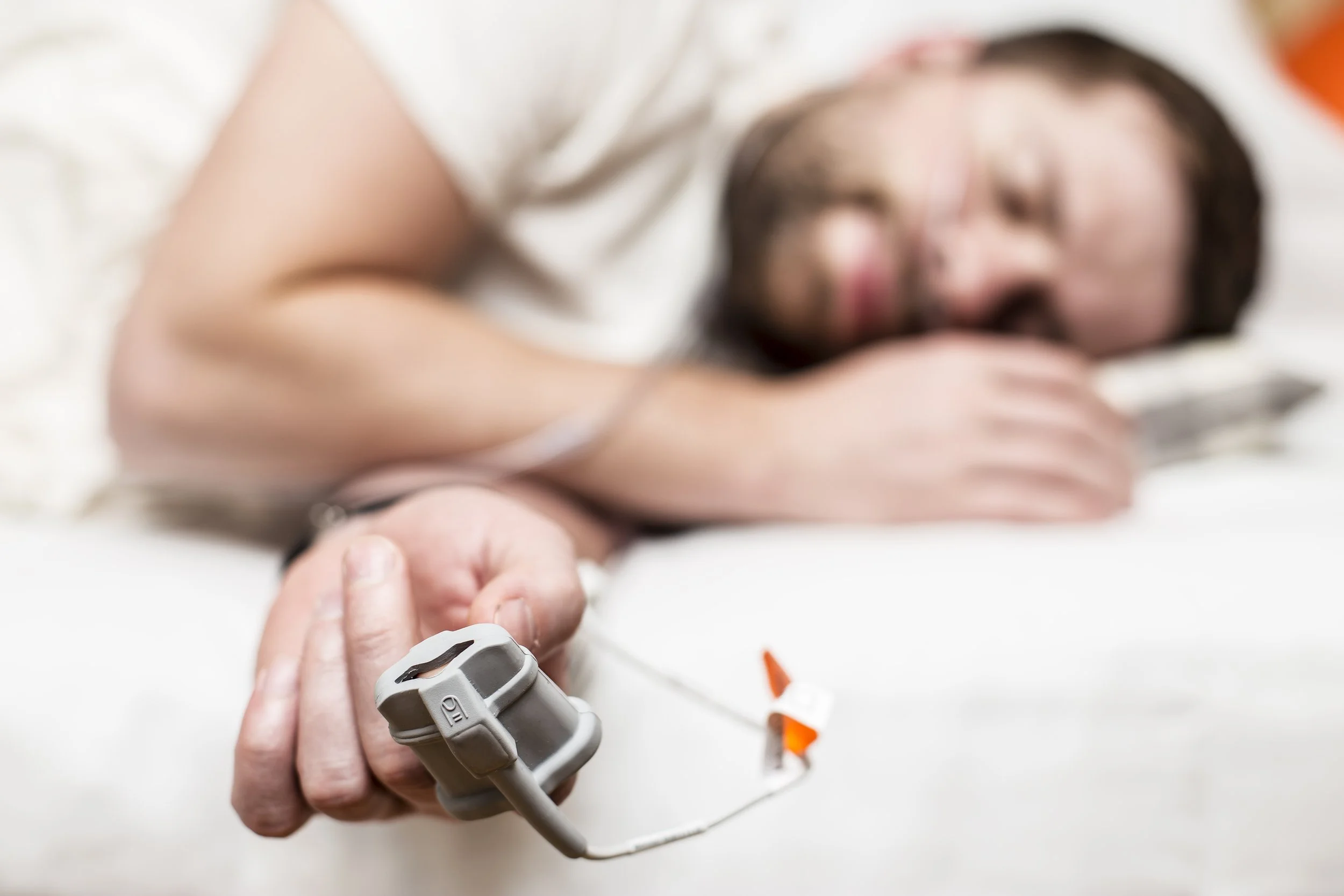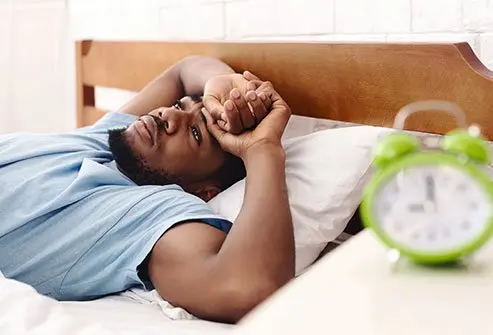Types Of Sleep Studies

Sleep Studies
Sleep studies are categorized into two main types. In lab-polysomnography (PSG), which is the gold standard and most comprehensive method and home sleep apnea testing (HST), which offers convenience and accessibility.
In-Laboratory Polysomnography (PSG)
Nocturnal Polysomnogram (NPSG): This is the standard overnight sleep study used to assess various sleep disorders, including sleep apnea, periodic limb movement disorders and parasomnias. It involves monitoring various physiological parameters like brain waves (EEG), heart activity (EKG), muscle movements (EMG), airflow, respiratory effort, oxygen saturation, and snoring.
CPAP/BIPAP Titration: This therapeutic study is used to determine the optimal continuous positive airway pressure (CPAP) or bilevel positive airway pressure (BIPAP) settings for individuals with obstructive sleep apnea (OSA).
Split-Night Study: This study is a combination of a diagnostic portion with a therapeutic portion in the same night. If a patient is diagnosed with OSA during the diagnostic portion, positive airway pressure will be initiated and adjusted to find the most effective pressure.

Home Sleep Apnea Testing (HST)
HST is performed unattended in the patient’s home using a portable monitoring device and are categorized into Type 2, Type 3 and Type 4.
Type 2 HST: Monitors and records a minimum of 7 channels: EEG, EOG, EMG, ECG/heart rate, air flow, respiratory movement/ effort and oxygen saturation.
Type 3 HST: Monitors and records a minimum of 4 channels: respiratory movement/effort, airflow, ECG/heart rate and oxygen saturation.
Type 4 HST: Monitors and records a minimum of 3 channels that allow direct calculation of an AHI or RDI as the result of measuring airflow or thorocoabdominal movement.

Other Sleep Study Types
Multiple Sleep Latency Test (MSLT): Measures how quickly a person falls asleep in a quiet environment during the day, used to assess daytime sleepiness and diagnose narcolepsy. This is typically performed right after a PSG.
Maintenance of Wakefulness Test (MWT): Measures how well a person can stay awake in a quiet environment during the day, used to assess daytime alertness and the effectiveness of treatments for excessive sleepiness.

